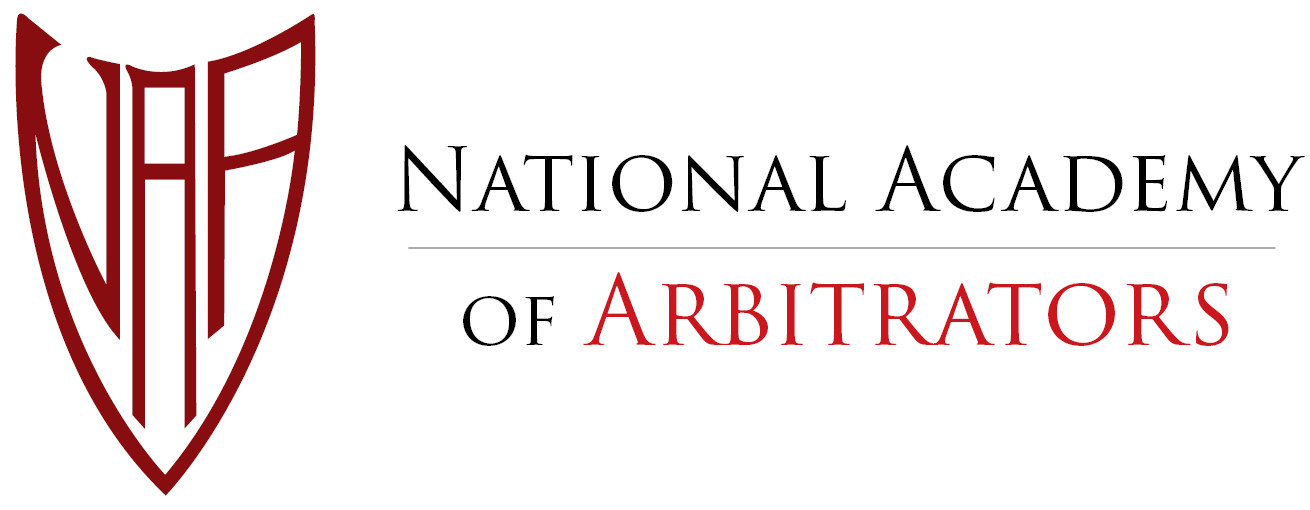One of the objectives of this website is to provide resources for the media to facilitate full and factual coverage of arbitration in the workplace. We offer the following tools:
ARBITRATION BASICS provides a basic understanding of how arbitration works and how arbitrators decide cases. For more specific questions that journalists, might ask, see below.
The predominant form of arbitration in labor matters is grievance arbitration, also known as rights arbitration. In grievance arbitration the parties present the arbitrator with a dispute involving the terms of an existing collective bargaining agreement. The arbitrator’s role is to decide the dispute by applying the terms of the agreement.
Another type is interest arbitration, which is used to resolve an impasse or deadlock during bargaining over the formation of a contract or one of its provisions. In interest arbitration the parties ask the arbitrator to settle differences that have led to an impasse in negotiations.
In private sector arbitration the arbitration process is private. But even in public sector arbitration, arbitrators do not comment on cases before them for both practical and ethical reasons. It would be improper for an arbitrator to comment on a pending (undecided) case. After the opinion and award is rendered, it is that document (which well may be private) and only that document that expresses the arbitrator’s view of the dispute.
Since 1951 the National Academy of Arbitrators (NAA) has maintained a code of professional responsibility. That code is now entitled “Code of Professional Responsibility for Arbitrators of Labor-Management Disputes.” The Code applies, as well, to arbitrators in non-union employer-employee disputes. The American Arbitration Association and the Federal Mediation and Conciliation Service also apply the Code to the arbitrators on their rosters. In addition, many arbitrators who are not NAA members have adopted the Code as their professional standard of ethics.
Under the Code it is an arbitrator’s duty to make determinations of fact and render decisions free of bias toward one party or the other. To that end, it is an arbitrator’s responsibility to disclose to both parties any association or activity that might be viewed as a conflict of interest prejudicing his or her conduct of the hearing and rendering of an impartial decision. Failure to do so may constitute grounds for a court to vacate (render invalid) an arbitration award, and at the very east will likely imperil the arbitrator’s future career.
